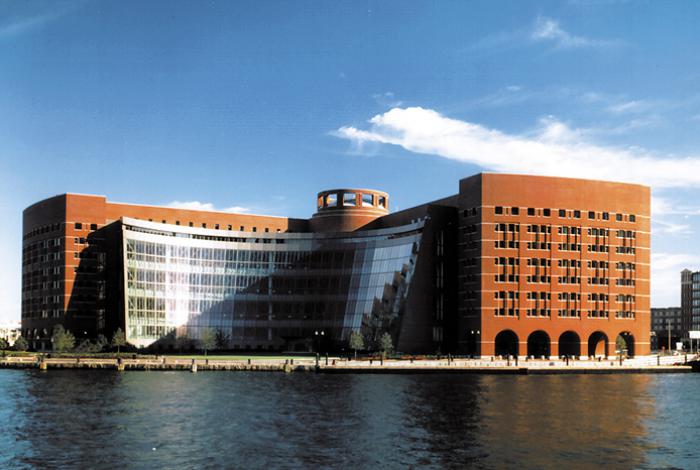Earlier this spring, the Boston Bar Association held its annual “White-Collar Crime Conference.” The conference is a chance for the U.S. Attorney’s Office, the SEC, and the Massachusetts Attorney General’s Office to convey their priorities. They did so, loud and clear. Here is a recap of the headliner panel, aptly titled “Healthcare Fraud Update.”
Boston Healthcare Fraud Update
The Boston healthcare fraud update panel featured federal and state government officials, a defense counsel, and a relator’s, or whistleblower, counsel. What was at the top of all of their minds?
Labs.
Fraud in the Lab Industry
As one government panelist noted, cases involving labs come in many shapes and sizes. They frequently involve kickbacks. They often incorporate medically unnecessary tests, run for profit, not care. Take, for example, our recent Clean Slate case in which an opioid treatment center required expensive urine drug tests at every patient visit, regardless of medical necessity. Unfortunately, fraud in the area of urine drug testing and genetic testing is nothing new. And DOJ has recovered hundreds of millions of dollars from blood labs engaged in far-reaching kickback schemes. So, while lab enforcement is not new, it is important to know that it remains at the top of the priority list.
What is new in the lab space, however, is EKRA. As we have explained before, Congress enacted the Eliminating Kickbacks in Recovery Act (EKRA) in 2018. The law prohibits any recovery home, clinical treatment facility, or laboratory from paying kickbacks. Though some argue that EKRA was only intended to apply to substance abuse treatment, the text of the law has no such restriction. Rather, the law is expansive and the question remains: will EKRA be used outside the substance abuse space? And will prosecutors pursue EKRA violations under the False Claims Act? The government panelists did not rule anything out, so this remains a hot topic.
Patient Harm
Not surprisingly, cases involving harm to patients remains a top priority for state and federal government alike. The Massachusetts Attorney General, for example, is focused on cases involving care in nursing homes. Home health agencies likewise are subject to scrutiny. And, as we have seen for several years, cases stemming from the opioid crisis garner significant attention from the authorities.
Interestingly, the U.S. Attorney’s Office in Boston has long taken a holistic approach to the opioid crisis. The Boston Healthcare Fraud group made headlines for prosecuting the executives of Insys Therapeutics, which made Subsys, a fentanyl-based pain medication. They also secured a settlement from the company under the False Claims Act and other laws. At the same time, its Civil Rights Unit worked to ensure that all Massachusetts correctional facilities provide adequate treatment for opioid use disorder. The same access is required at skilled nursing facilities.
Whistleblower Law Collaborative
Based in Boston, but representing clients everywhere, the Whistleblower Law Collaborative LLC devotes its practice entirely to representing clients nationwide in bringing actions under the federal and state False Claims Acts and other whistleblower programs. Under the False Claims Act, a private citizen (known as a “relator”) who suspects or knows of fraud against the government can act as a whistleblower and file a sealed complaint on behalf of the government. The relator also shares in the government’s recovery. Among the firm’s many successes is the governments’ $885 million settlement with AmerisourceBergen.
For more information, contact the Whistleblower Law Collaborative LLC at 617.366.2800.

